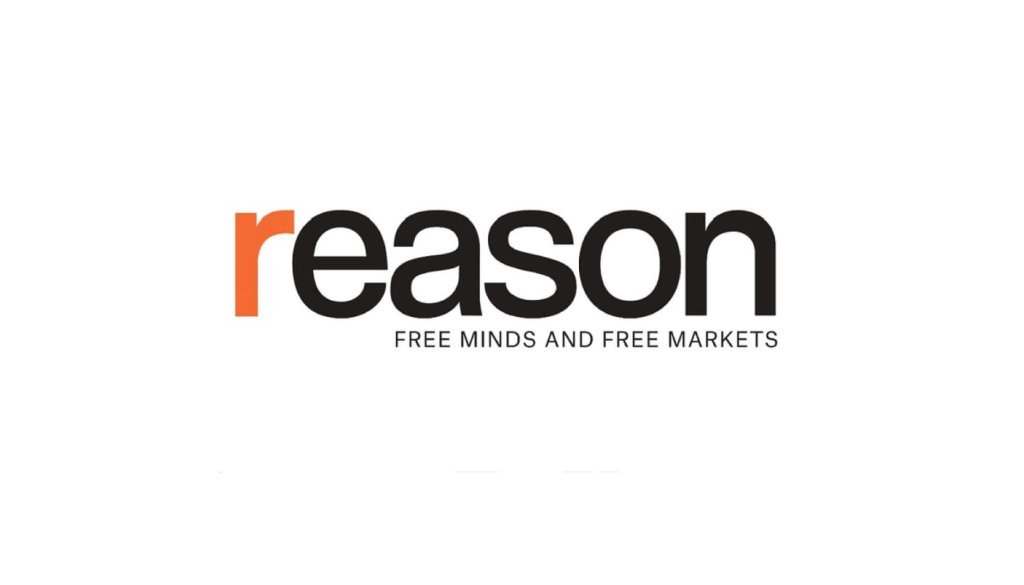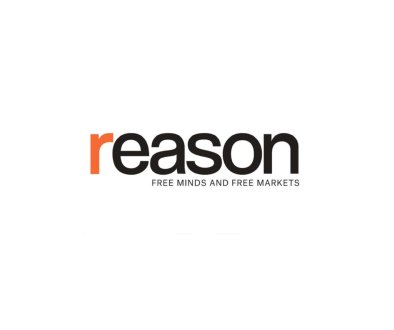Tariff Uncertainty Is Stalling the Economy
Last Tuesday, the day before President Donald Trump’s “Liberation Day” tariffs were set to be imposed, White House press secretary Karoline Leavitt was asked by a reporter about the possibility of last-minute changes to those import taxes.
“The president was asked and answered this yesterday,” Leavitt responded. “He is not considering an extension or a delay.”
Less than 24 hours later, the White House announced that many of those tariffs would, in fact, be delayed. “This was [Trump’s] strategy all along,” Treasury Secretary Scott Bessent told reporters shortly after the change was announced.
That same cycle of events has played out several times in the past three months. Trump announced new tariffs on imports from Canada and Mexico in early February. Days after they were set to take effect, Trump postponed them. On April 11, the White House announced a sweeping set of tariff exemptions for televisions, phones, computer chips, and other electronics imported from China. By April 13, Commerce Secretary Howard Lutnick said those tariff exemptions were temporary. Later same day, Trump denied that any exemptions had been made at all. The president is now reportedly considering another delay, this one on the 25 percent tariff that he slapped on all imported cars and car parts.
What tariffs will America charge tomorrow, and what imports will be subject to them? It seems to depend on the whims of one man.
And that’s not great for lots of other people who are trying to run businesses in the current environment.
Victor Owen Schwartz, the owner of VOS Selections, a New York–based importer and distributor of wines and spirits, says the new tariffs have made it “impossible” to plan ahead.
“Could you imagine if I had a supplier and every time I talk to them, they gave me a different price? This is the equivalent of that,” Schwartz told Reason this week. (He is also a plaintiff in a new lawsuit challenging Trump’s authority to impose these tariffs without congressional approval.)
That sentiment seems to be widespread—even in the industries that Trump’s trade policies are supposed to be helping.
“The threats and uncertainty have made it hard to make business decisions,” Traci Tapani, co-president of Wyoming Machine, a Minnesota-based sheet metal fabricator that relies on aluminum import
Article from Reason.com

The Reason Magazine website is a go-to destination for libertarians seeking cogent analysis, investigative reporting, and thought-provoking commentary. Championing the principles of individual freedom, limited government, and free markets, the site offers a diverse range of articles, videos, and podcasts that challenge conventional wisdom and advocate for libertarian solutions. Whether you’re interested in politics, culture, or technology, Reason provides a unique lens that prioritizes liberty and rational discourse. It’s an essential resource for those who value critical thinking and nuanced debate in the pursuit of a freer society.




